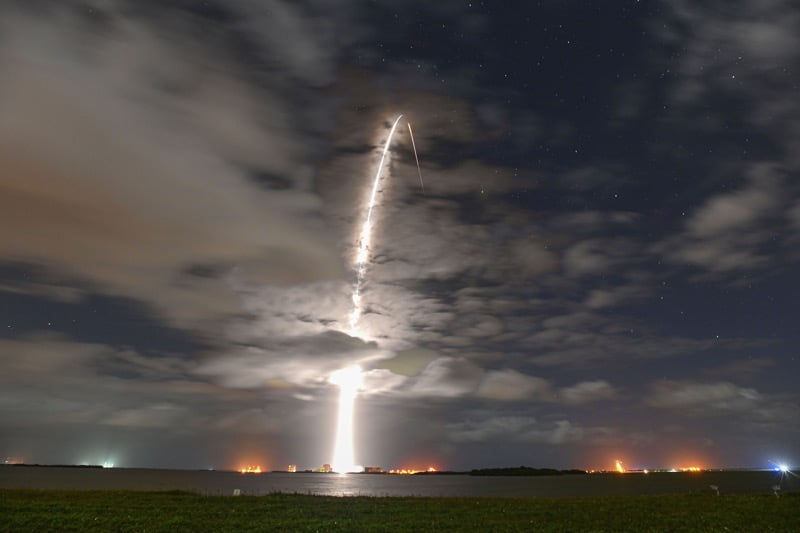
SpaceX Wants to Take Starlink Mobile, Suggests FCC Filing

SpaceX’s latest filing with the U.S. Federal Communications Commission (FCC) sees the space transportation veteran requesting permission to operate mobile terminals of its Starlink broadband internet service on the ground — reports Tesmanian (use code teslanorth10 to save 10% off floor mats and more).
SpaceX’s Starlink internet service is currently catering to subscribers in the U.S., Canada, and more, with plans to expand globally and stellar reviews across the board.
Subscribers of the service have to purchase and install a phased-array dish antenna that connects to one of SpaceX’s 1,200+ Starlink satellites in low Earth orbit (and a few recently launched satellites in polar orbit), providing high-speed internet connectivity to them via a Wi-Fi router.
Currently, each unit of Starlink hardware assigned to a specific region and geographical location, and can’t connect to the Starlink constellation outside of its assigned location.
To combat the limitation, SpaceX wants to operate mobile Starlink terminals, or ‘Earth Stations in Motion (ESIMs)’, as it describes them in its latest filing.
Here’s a direct quote from the FCC filing:
“The Commission has granted a blanket license for operation of up to one million end-user customer Earth stations [dish antennas]. SpaceX Services seeks a blanket license authorizing operation of such end-user earth stations for deployment as Vehicle-Mounted Earth Stations (“VMESs”), Earth Stations on Vessels (“ESVs”), and Earth Stations Aboard Aircraft (“ESAAs”) (collectively, Earth Stations in Motion (“ESIMs”)),” SpaceX wrote in the FCC filing. “SpaceX Services seeks authority to deploy and operate these earth stations (1) as VMES throughout the United States and its territories, (2) as ESVs in the territorial waters of the United States and throughout international waters worldwide, and (3) as ESAAs on U.S.-registered aircraft operating worldwide and non-U.S.-registered aircraft operating in U.S. airspace,” the company told the FCC.
Having mobile Starlink terminals on the ground (and the air, and the sea) will allow SpaceX to provide its high-speed broadband services to users regardless of where they (or their Starlink hardware) are.
“The urgency to provide broadband service to unserved and underserved areas has never been clearer. U.S. and worldwide demand for broadband services and Internet connectivity continues to increase with escalating requirements for speed, capacity, and reliability and ongoing adaptations for usage”, added SpaceX.
A mobile Starlink satellite internet service would be an incredible product, allowing high-speed internet beyond fixed home addresses. Elon Musk and SpaceX remain multiple steps ahead of competitors when it comes to low-Earth orbit satellite internet.

